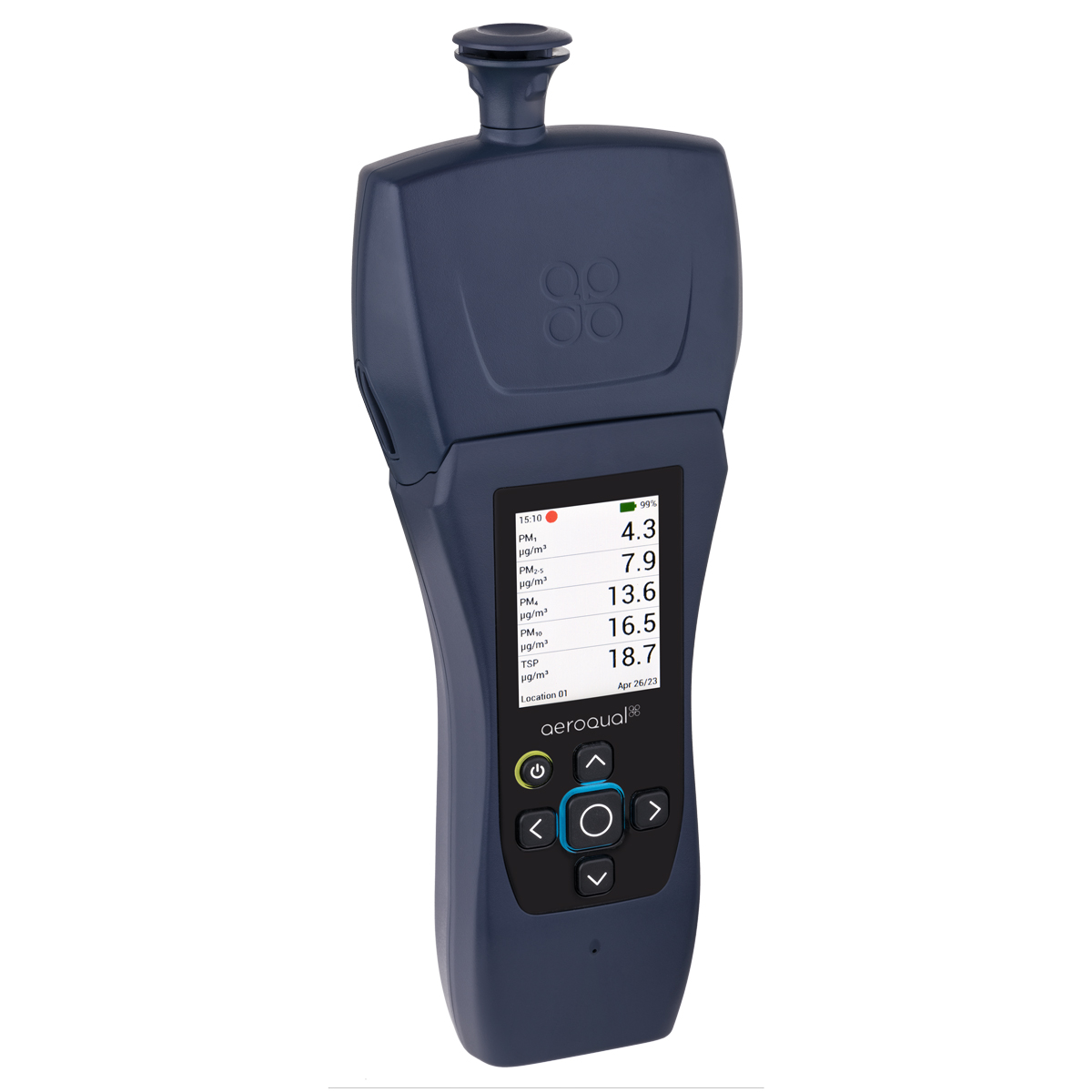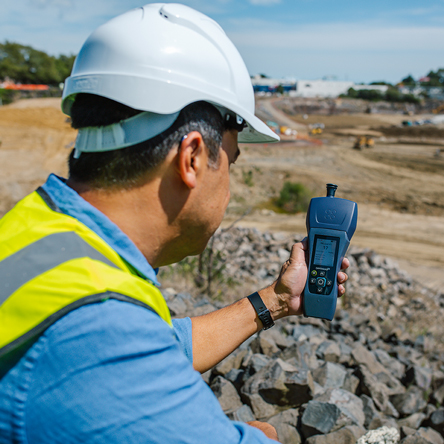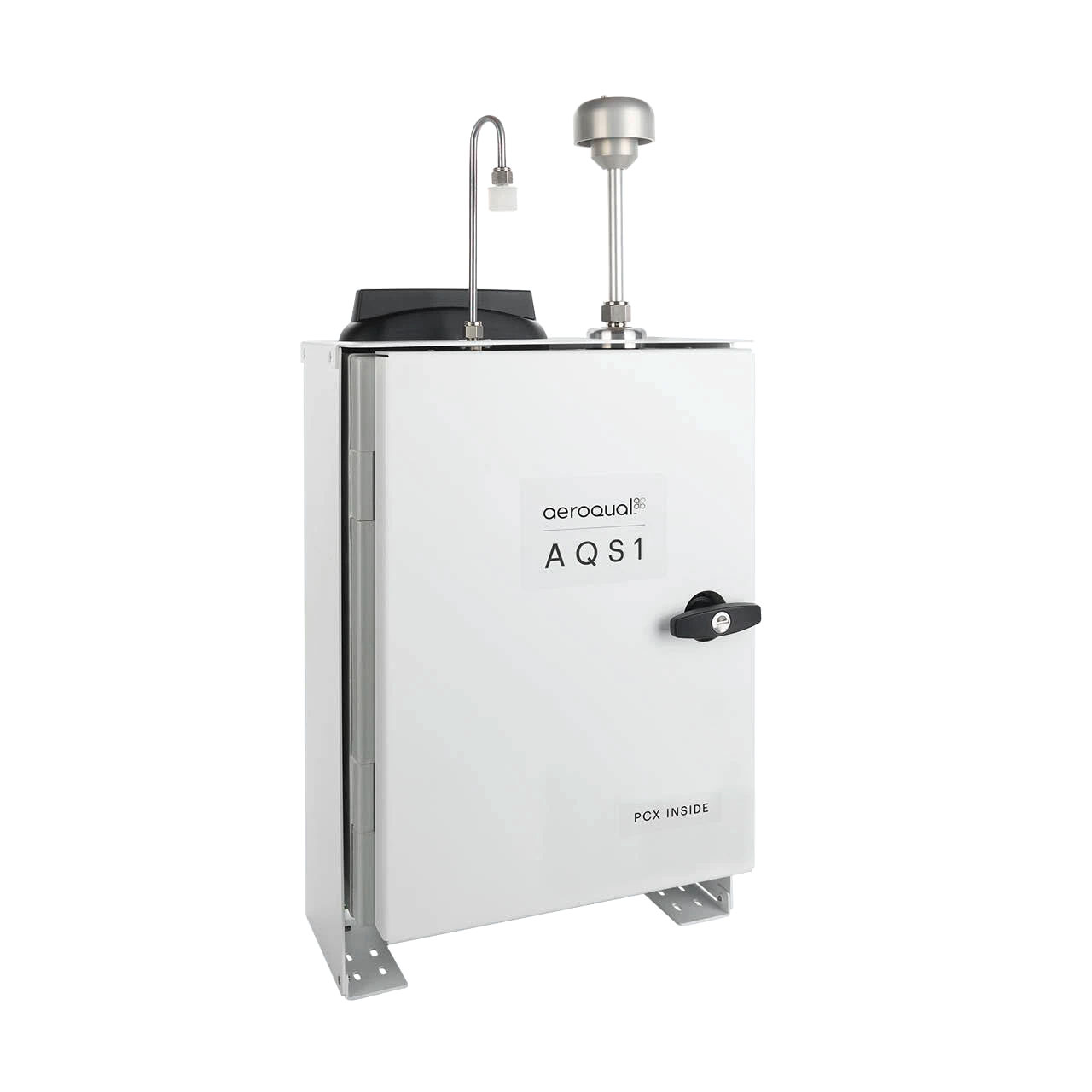Respirable crystalline silica (RCS) is a critical concern in industries like construction and mining, where exposure to airborne silica particles can lead to severe respiratory diseases, including silicosis and lung cancer. In response to this ongoing challenge, OSHA has implemented stringent regulations to protect workers, mandating lower exposure limits and requiring regular monitoring.
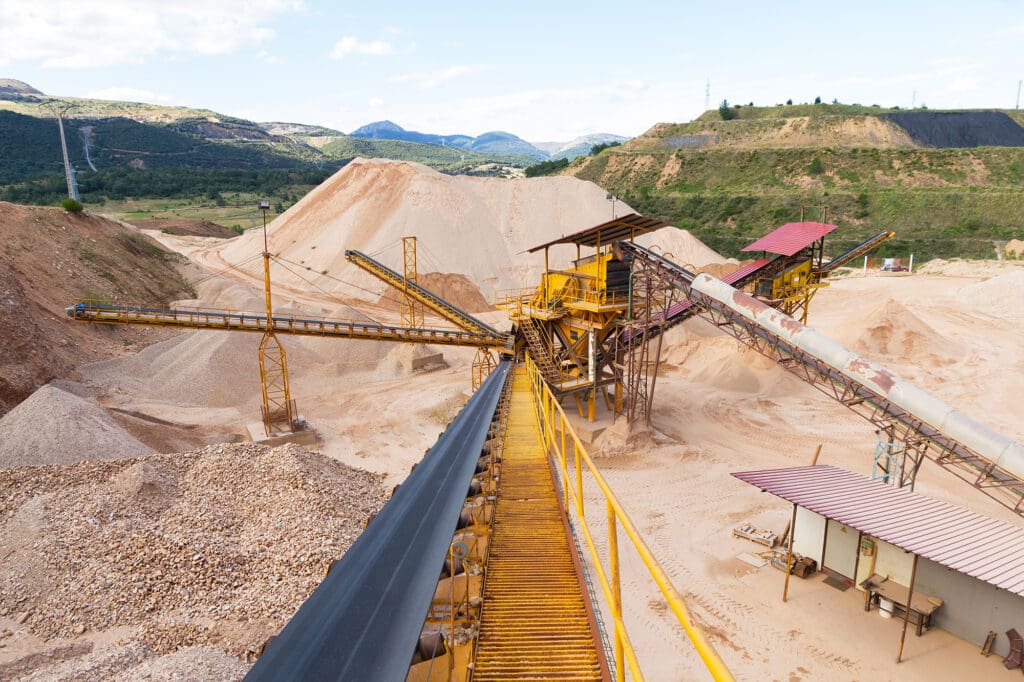
What is Respirable Crystalline Silica?
Respirable crystalline silica refers to very fine particles of silica dust, typically less than 10 micrometers in diameter. These particles are small enough to penetrate deep into the lungs when inhaled, causing serious respiratory health issues.
Crystalline silica is commonly found in materials like sand, concrete, stone, and mortar. Activities such as cutting, drilling, or grinding these materials can release hazardous amounts of silica dust into the air.
Why Monitor Respirable Silica Dust?
Monitoring silica dust is essential to:
- Protect Worker Health: Prolonged exposure to RCS can lead to diseases such as silicosis, lung cancer, chronic obstructive pulmonary disease (COPD), and kidney disease.
- Comply with Regulations: OSHA’s regulations mandate strict permissible exposure limits (PELs) for RCS, requiring employers to implement comprehensive monitoring and control measures.
- Improve Workplace Safety: Real-time monitoring helps detect hazardous levels of silica dust, enabling swift corrective actions to prevent exposure.
- Enhance Productivity: By ensuring a safe working environment, employers can reduce worker absences due to illness, improving overall operational efficiency.
Methods of Monitoring RCS
- Traditional Gravimetric Sampling: Traditional personal exposure monitoring uses pumps and filters to collect respirable dust samples over a work shift. These samples are then sent to a laboratory for analysis to determine the concentration of RCS. While effective, this method has significant delays, making timely responses to hazards difficult.
- Real-Time Monitoring: Real-time monitoring of RCS is revolutionizing workplace safety by providing immediate data on respirable dust levels. Instruments like the Aeroqual Ranger measure respirable dust (PM4) in real-time, allowing for continuous tracking and instant alerts when concentrations approach hazardous levels.
According to OSHA’s guidelines, “Employers can use direct-reading instruments to measure real-time levels of respirable dust in the air. If the employer has information on the percentage of respirable crystalline silica in that dust (for example, from the analysis of a bulk sample or information from a safety data sheet), he or she can then calculate the level of respirable crystalline silica in the air.”
Introducing the Aeroqual Ranger for RCS Monitoring
TheSpecto Technology’s Aeroqual Ranger offers an innovative, real-time solution for monitoring RCS levels. By continuously measuring the concentration of respirable dust in a worker’s breathing zone, the Ranger delivers actionable insights to ensure compliance and protect worker health.
Key Features of the Aeroqual Ranger:
- Real-Time Data: Continuous monitoring of respirable dust levels provides instant insights into worksite conditions.
- Immediate Alerts: SMS and email notifications alert workers and supervisors when concentrations exceed safe thresholds.
- Personalized Monitoring: Individualized data collection for each worker captures varying concentrations across different areas of the worksite.
- Cost Savings: Reduces the number of laboratory samples required, saving time and money while maintaining OSHA compliance.
- Trend Analysis: Enables tracking of exposure trends over time, allowing for proactive safety management.
Combining Real-Time and Gravimetric Methods
Real-time monitoring can be used alongside OSHA’s laboratory methods (gravimetric sampling) to create a comprehensive RCS management strategy. For example, site-specific alert levels can be established based on the percentage of RCS in respirable dust samples, minimizing the need for frequent laboratory analysis. In cases where laboratory data is unavailable, OSHA’s exposure limit of 50 µg/m³ (8-hour TWA) can serve as a conservative threshold to ensure worker safety.
The Importance of Compliance and Prevention
Adhering to OSHA’s RCS regulations not only safeguards worker health but also mitigates the risk of legal and financial penalties for non-compliance. Employers are required to implement engineering controls, respiratory protection programs, and monitoring systems to ensure exposure remains below permissible limits.
Key Applications for RCS Monitoring
Real-time RCS monitoring is particularly critical in industries such as:
- Construction: Activities like cutting, sawing, or grinding concrete and masonry materials.
- Mining and Quarrying: Blasting, drilling, and material handling in mines.
- Manufacturing: Production of glass, ceramics, and other materials containing silica.
- Demolition and Renovation: Dust generation during the tear-down of structures
Protecting Worker Health with Real-Time Monitoring
With continuous data capture and immediate alerts, the Aeroqual Ranger ensures that workers remain safe from overexposure to respirable crystalline silica. This proactive approach not only prevents long-term health issues but also fosters a culture of safety and compliance in the workplace.
Traditional monitoring methods are no longer sufficient to address the complexities of modern industrial environments. By adopting real-time RCS monitoring solutions like the Aeroqual Ranger, employers can empower their teams with the tools needed to respond swiftly to hazards, ensuring safer and healthier worksites.
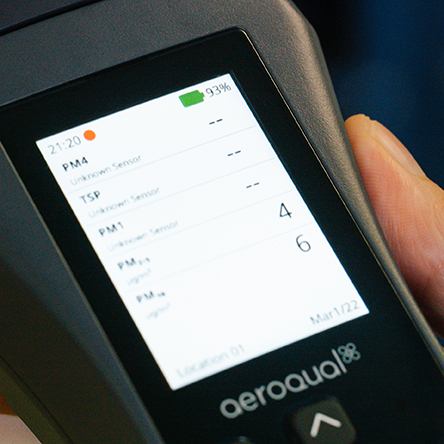
Learn More About Real-Time Respirable Silica Monitoring
Specto Technology’s Aeroqual Ranger provides an efficient and cost-effective way to monitor RCS levels in real-time. Discover how this innovative solution can transform your workplace safety practices. Visit our website to learn more!
Contacts
To learn more about the Real-time Respirable Silica Monitoring or to schedule an introductory seminar, please contact our Environmental Director, Mick Pocock at mick.pocock@spectotechnology.com or 866 925 7737 ext. 709.
-
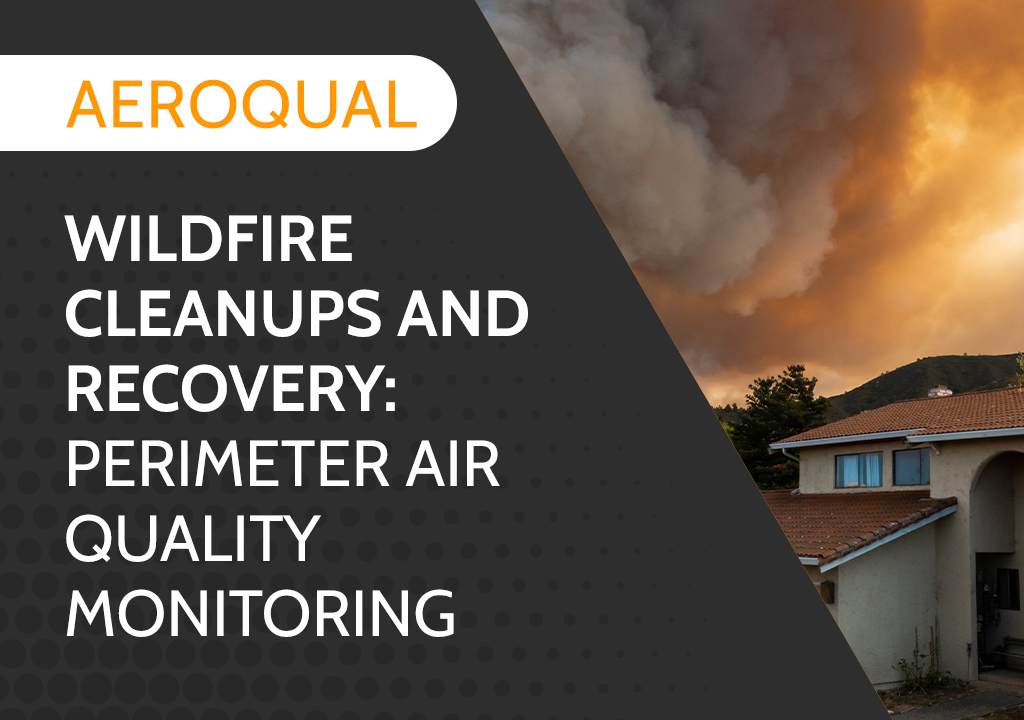 Wildfire Cleanups and Recovery: Perimeter Air Quality Monitoring
Wildfire Cleanups and Recovery: Perimeter Air Quality Monitoring -
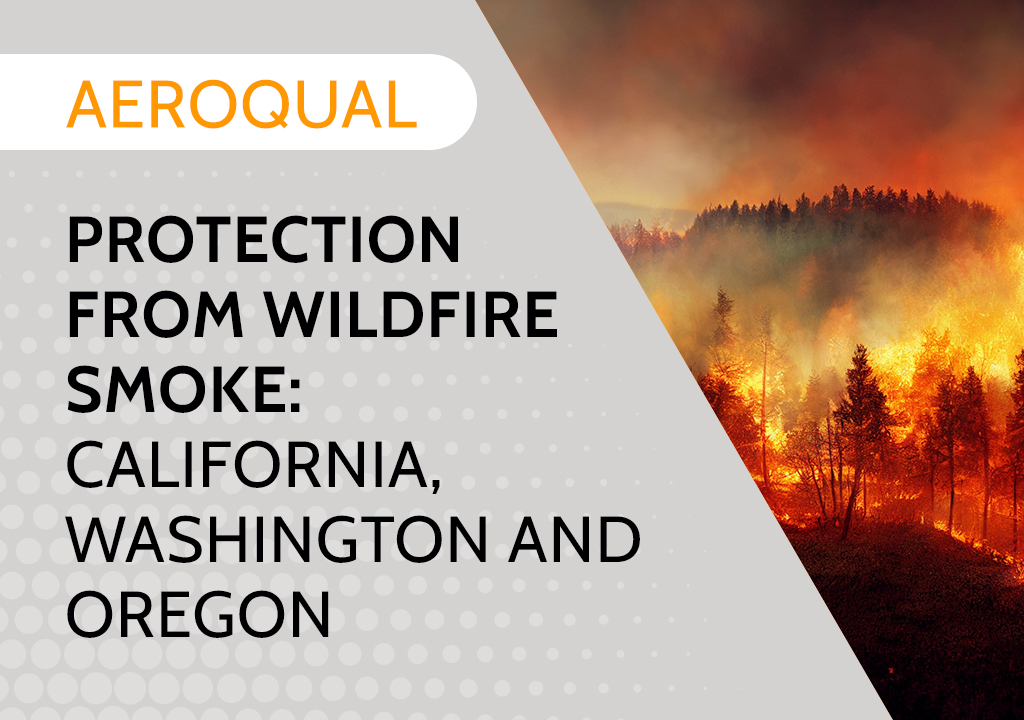 Protection from Wildfire Smoke – California, Washington and Oregon
Protection from Wildfire Smoke – California, Washington and Oregon -
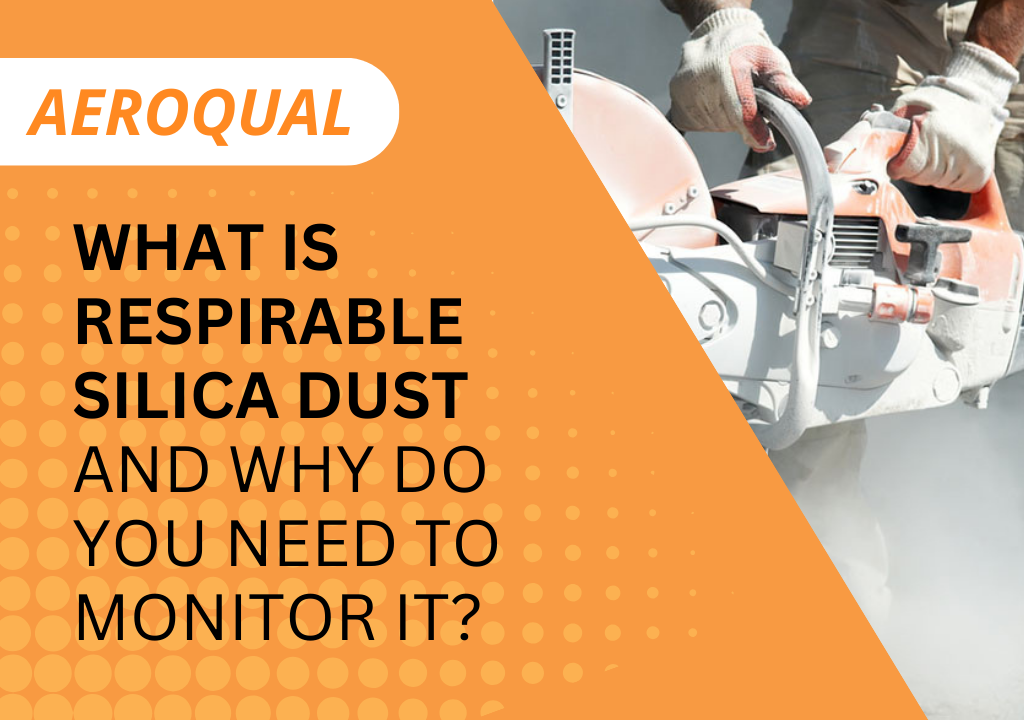 What is Respirable Silica Dust and Why Do You Need to Monitor It?
What is Respirable Silica Dust and Why Do You Need to Monitor It? -
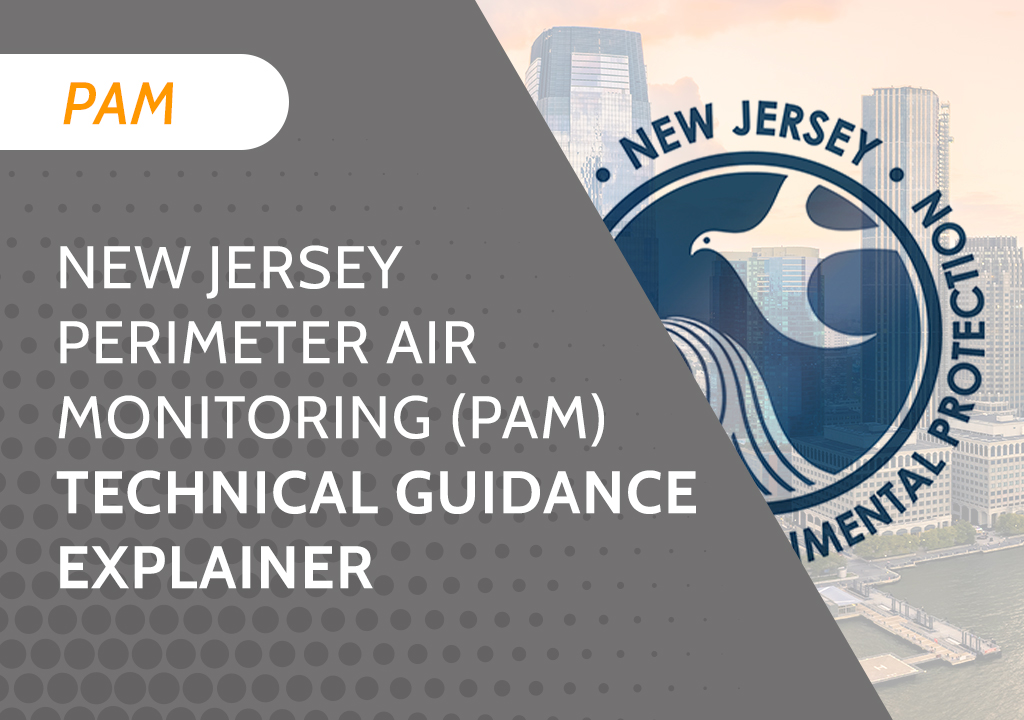 New Jersey Perimeter Air Quality Monitoring (PAM) Technical Guidance Explainer
New Jersey Perimeter Air Quality Monitoring (PAM) Technical Guidance Explainer -
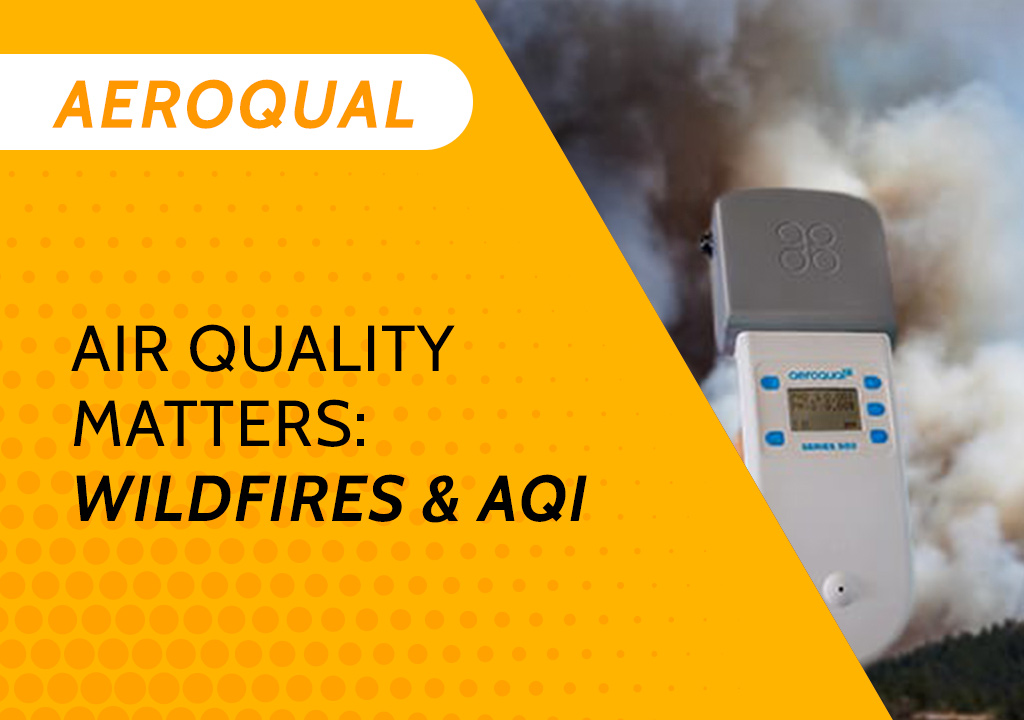 Air Quality Matters: Wildfires & AQI
Air Quality Matters: Wildfires & AQI -
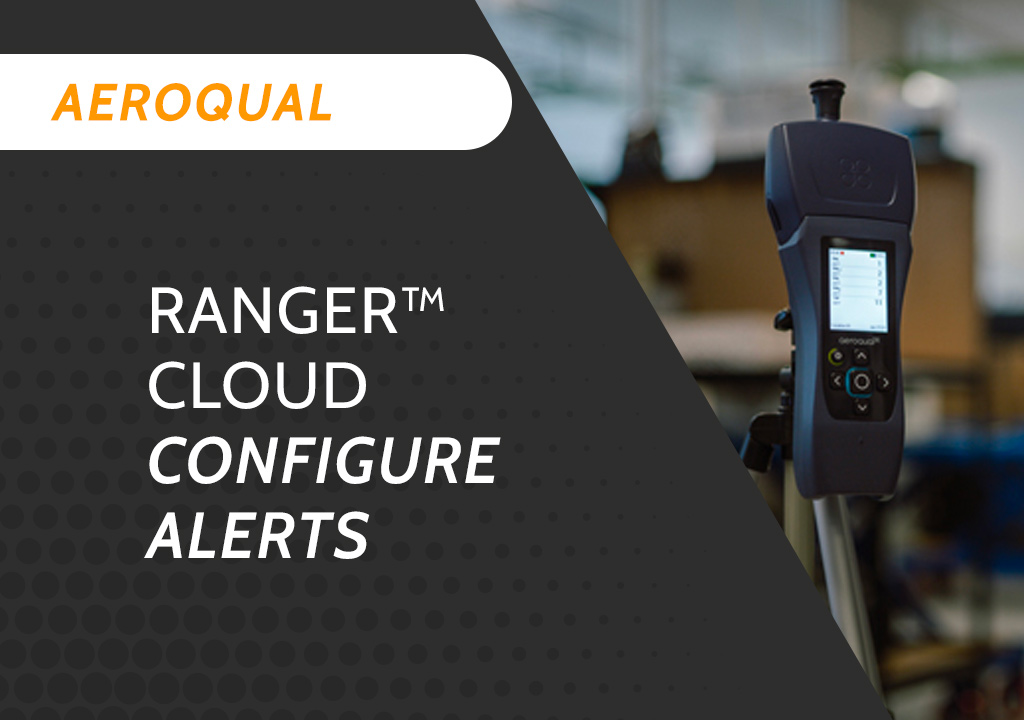 Aeroqual Ranger™ Cloud from Specto Technology - Configure Alerts
Aeroqual Ranger™ Cloud from Specto Technology - Configure Alerts -
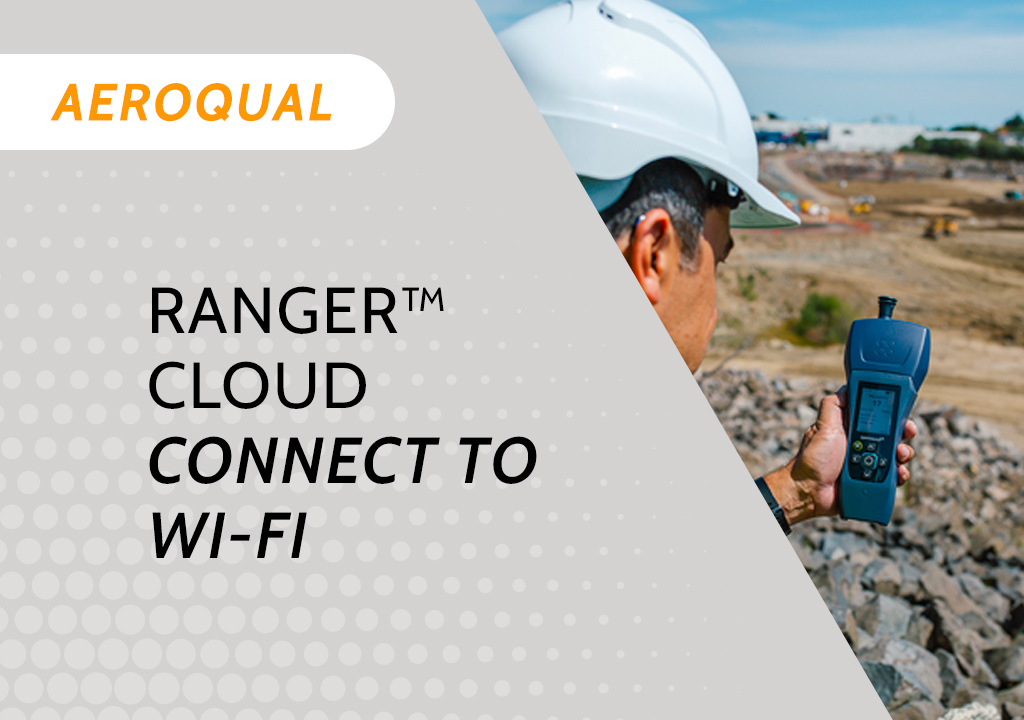 Aeroqual Ranger™ Cloud from Specto Technology - Connect to Wi-Fi
Aeroqual Ranger™ Cloud from Specto Technology - Connect to Wi-Fi -
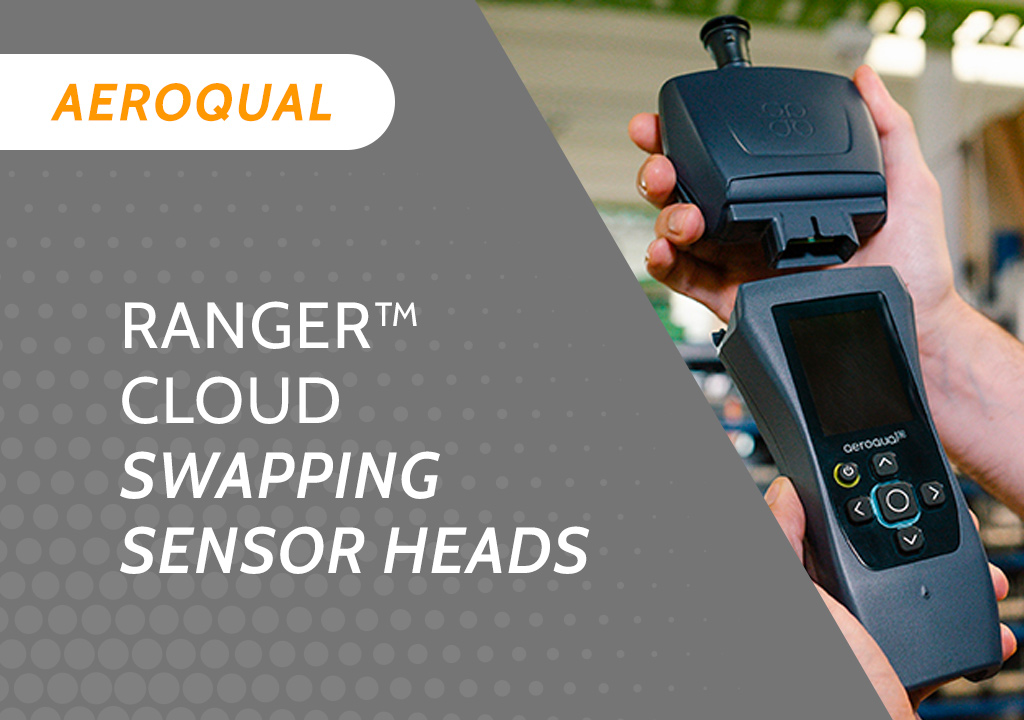 Aeroqual Ranger™ Cloud from Specto Technology - Swapping Sensor Heads
Aeroqual Ranger™ Cloud from Specto Technology - Swapping Sensor Heads -
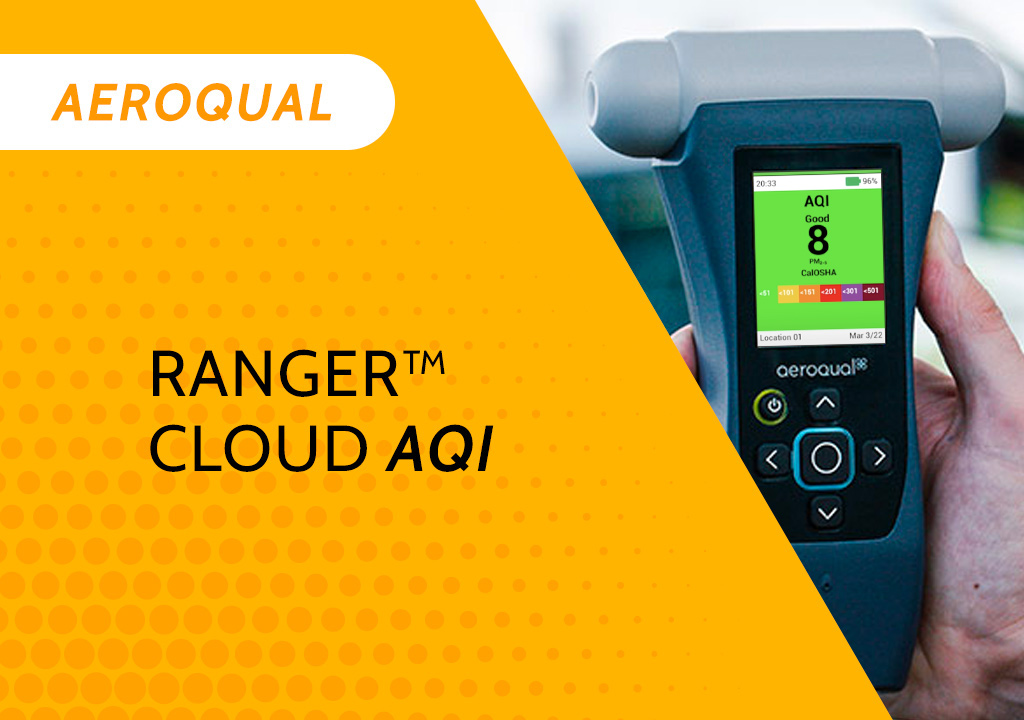 Aeroqual Ranger™ Cloud from Specto Technology AQI
Aeroqual Ranger™ Cloud from Specto Technology AQI -
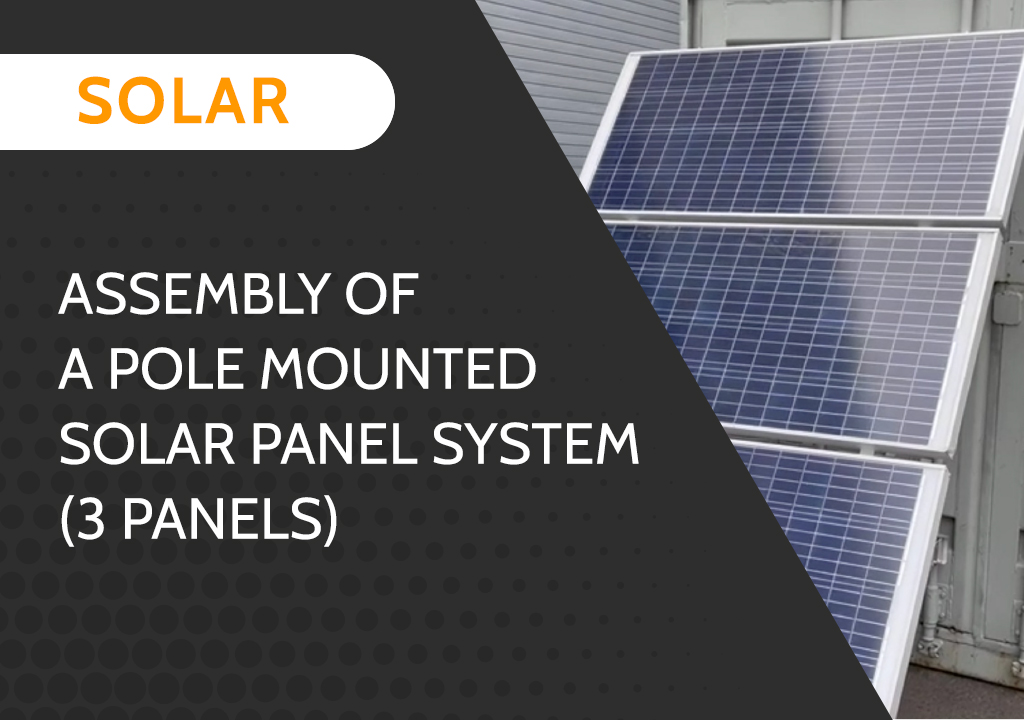 Assembly of a pole mounted solar panel system (3 panels)
Assembly of a pole mounted solar panel system (3 panels)

